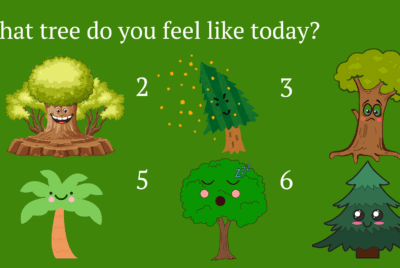RESEARCH
How are Nature-Based Interventions Defined in Mild Cognitive Impairment and Dementia Studies? A Conceptual Systematic Review and Novel Taxonomy
Summary
This study reviewed how nature-based interventions—such as gardening, forest walks, and virtual nature experiences—have been used to support people with mild cognitive impairment or dementia. The researchers looked at 52 articles published between 2008 and 2024 to understand how these interventions were defined and structured. Many of the activities were designed to improve mood, reduce stress, and increase quality of life, and included both active experiences (like planting or walking in nature) and passive ones (like viewing gardens or virtual reality nature scenes). The goal was to create a clear system, or “taxonomy,” that helps future researchers and healthcare providers better describe and design these kinds of therapies.
The authors developed a detailed taxonomy that categorized 13 types of nature-based interventions based on characteristics such as purpose, setting, physical features, and activities involved. Gardening and nature-based virtual reality were the most commonly studied methods. The review revealed that many studies lacked consistency in how they described these interventions, which can make it hard to replicate or evaluate them. The new taxonomy offers a helpful framework for creating more structured, reliable, and accessible nature-based programs in dementia care.







